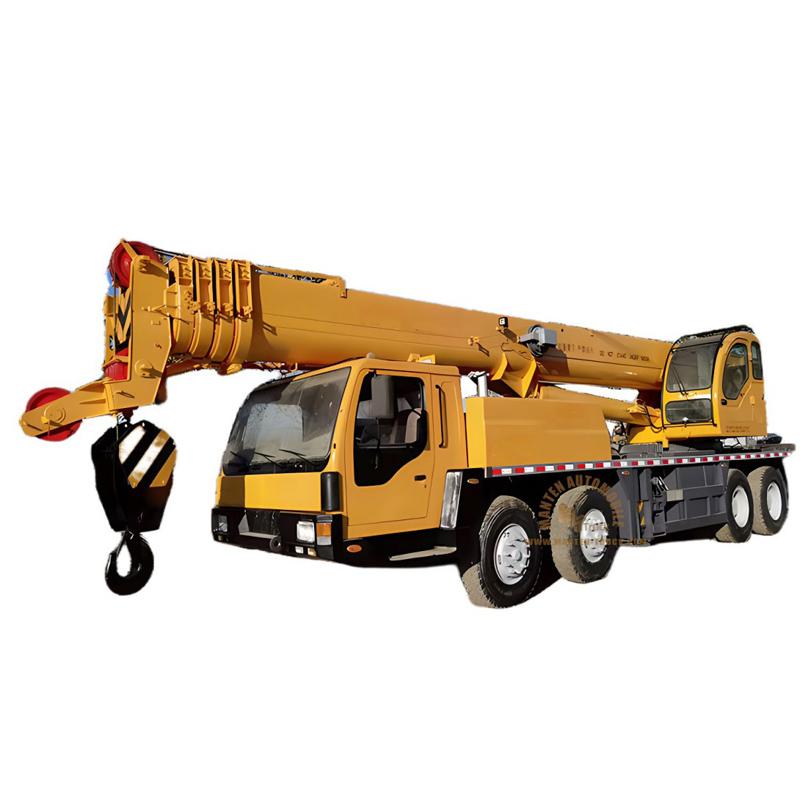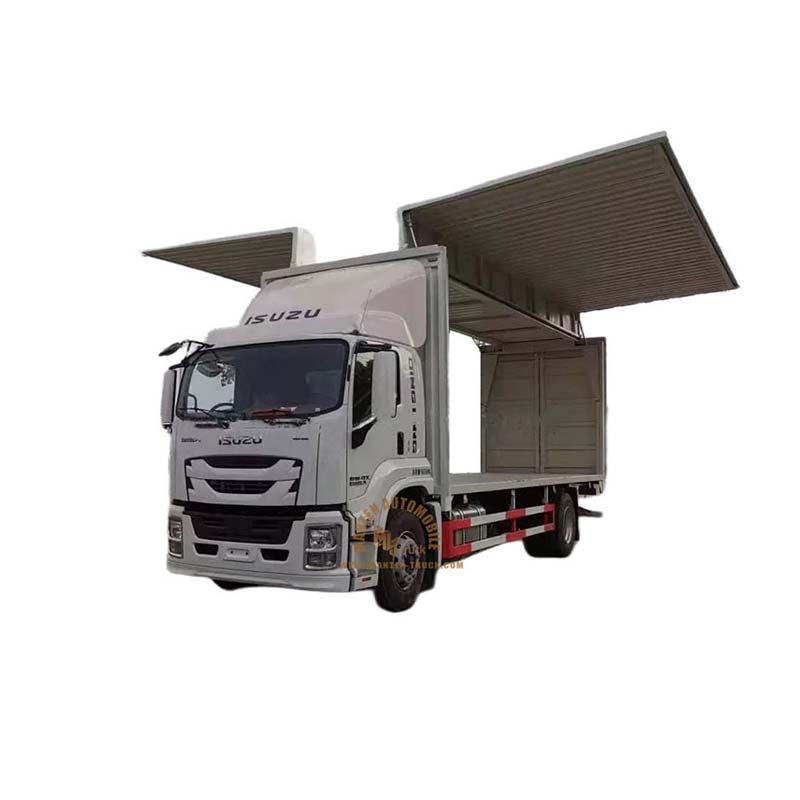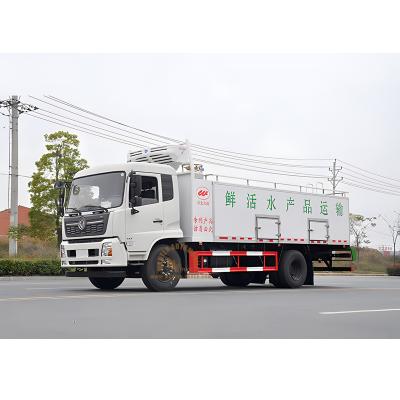
-
Trucks
- Building Construction Truck
- Dump Truck
- Truck Mounted Crane
- Prime Mover With Crane
- Mobile Crane
- Heavy Duty Crane Truck
- Concrete Mixer Truck
- Concrete Mixer Trailer
- Concrete Pump Truck
- Bulk Cement Truck
- Transportation Truck
- Cargo Truck
- Jeepney
- Refrigerator Trailer
- Refrigerator Truck
- Mobile Food Truck
- Mobile Food Trailer
- Chemical Tank Truck
- Chemical Tank Trailer
- Chemical Tank Container
- Prisoner Transport Truck
- Mobile Workshop Truck
- Mobile Maintenance Truck
- Recreational Vehicle
- Bulk Feed Trucks For Sale
- Bulk Feed Trailer
- Live Fish Transport Truck
- Livestock Transport Truck
- Flatbed Truck
- Car Carrier Truck
- Logging Truck
-
Services
- Resources
-
Manten
-
News
-
Contact Us








